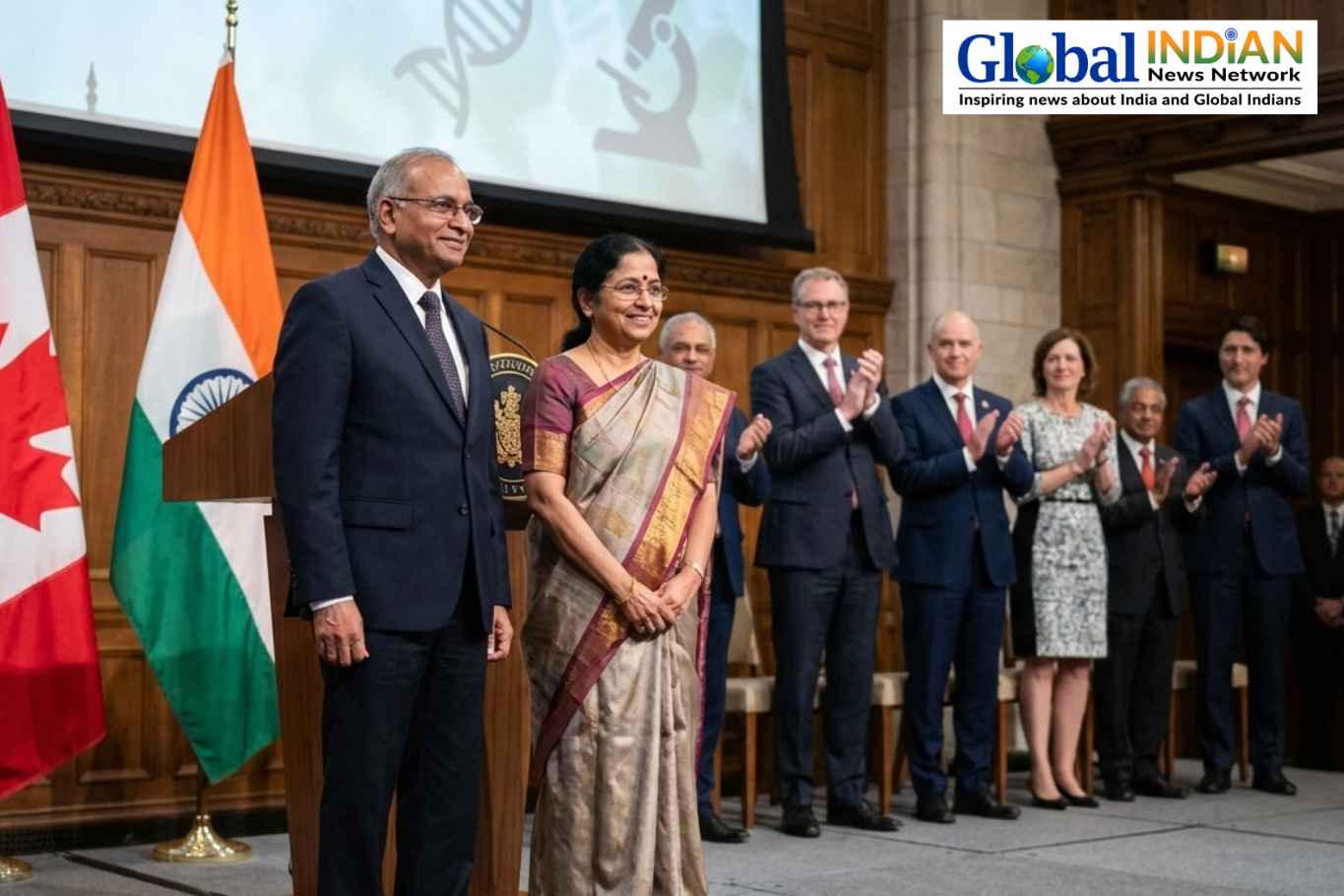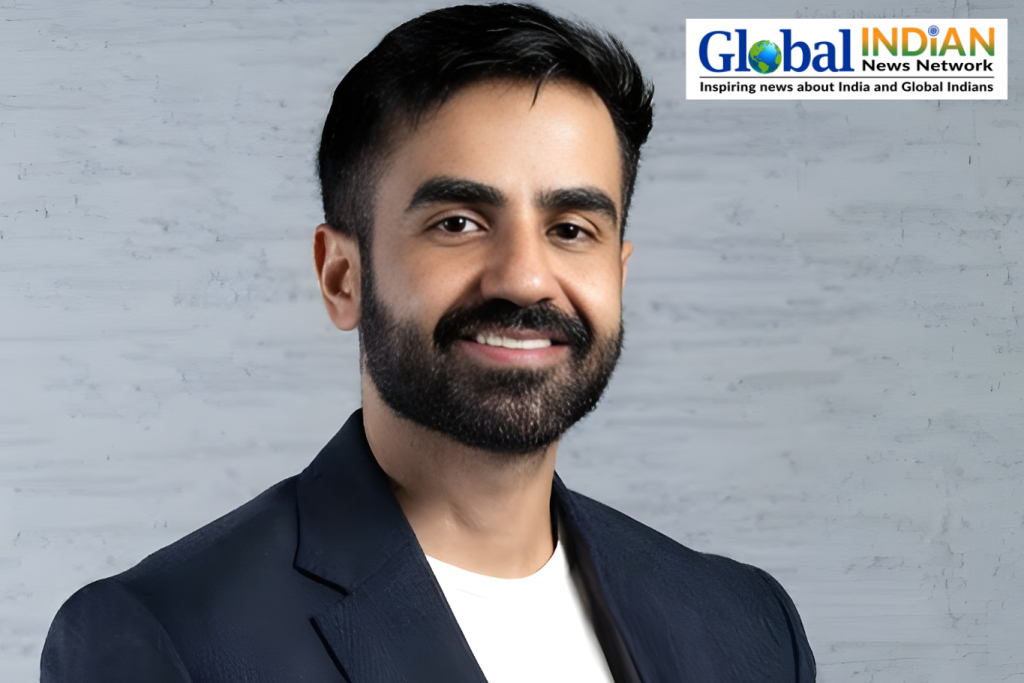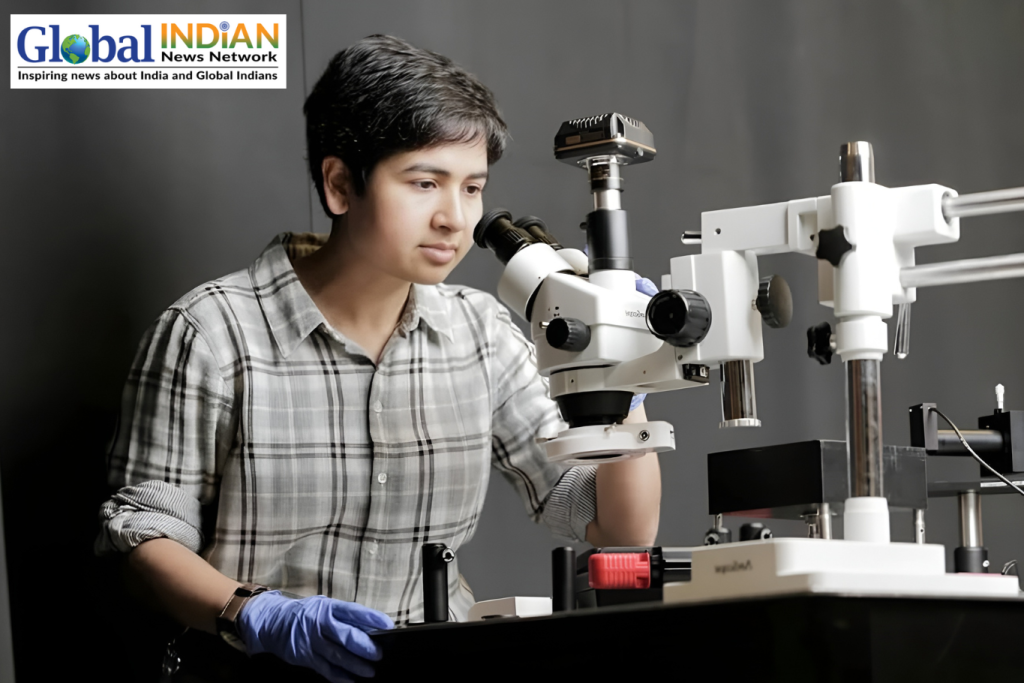
Satya Nadella, Microsoft’s chairman and CEO, recently emphasized the significant contribution of India’s developer community in creating innovative solutions for local and global challenges. Speaking at the Microsoft AI Tour in Bengaluru on February 8, Nadella addressed a gathering of over 1,000 developers and technology leaders, highlighting the impact of Indian developers in driving AI innovation worldwide.
Nadella’s visit to India coincided with his completion of ten years as Microsoft CEO. Hailing from India and educated at the Manipal Institute of Technology, Nadella assumed leadership of the company from Steve Ballmer in 2014.
India boasts the fastest-growing market on GitHub, a software collaboration platform owned by Microsoft, with 13.2 million developers utilizing the platform. It is projected to surpass the US as GitHub’s largest developer community by 2027. Additionally, India ranks second in the number of generative AI projects on GitHub, following the US.
Nadella remarked on the transformative impact of AI in shaping the future, acknowledging the role of India’s developer community in leveraging Microsoft’s technology to drive innovation both locally and globally.
At the Microsoft AI Tour, developers from various sectors, including nonprofit organizations, student developers, and large enterprises, showcased how Microsoft technologies have facilitated AI adoption and empowered them to innovate.
Prior to his keynote address at the Microsoft AI Tour, Nadella engaged with business leaders and decision-makers at the Microsoft CEO Connection event in Mumbai. He emphasized India’s potential to realize the promise of AI and committed to partnering across public and private sectors to address the nation’s AI skills gap and create new opportunities.
Microsoft announced its new skilling initiative in India, ADVANTA(I)GE INDIA, aiming to provide AI training to 2 million individuals by 2025. This initiative, in collaboration with India’s Ministry of Skill Development and Entrepreneurship and 10 state governments, will offer basic and advanced AI training to students, job seekers, and women in rural areas as well as Tier 2 and Tier 3 cities. The initiative focuses on equipping the future workforce, upskilling government officials, and enhancing the AI capabilities of nonprofit organizations.









